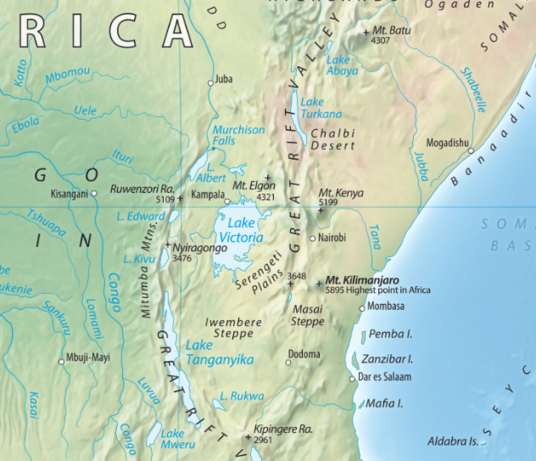
P143_Kenya_Uganda
Re-Use, Reduce and Re-Cycle Rice Residues for Climate Smart Agriculture and Soil health in Rice farming systems in East Africa
Cooperating countries: Kenya and Austria
Coordinating institution: Egerton University, Paul Kiprotich Kimurto, Pkimurto@egerton.ac.ke
Partner institutions: University of Natural Resources and Life Sciences (BOKU), Vienna, Kyambogo University
Project duration: 1 July 2024 - 30 June 2026
Budget: EUR 29.985
Abstract:
In East Africa, rice farming faces various challenges mainly low soil fertility and environmental hazard due to low decomposition into compost and poor disposal of husks. Anaerobic conditions created under paddy rice systems cause poor decomposing rice straw residues, resulting in the emission of methane (Greenhouse gases-GHG). Excessive use of N-fertilizers leads to nitrous oxide emissions making rice production account for 12% of all methane emissions and 2.5 % of all GHG emissions globally. Re-cycling, Re-using and Re-cycling (3Rs) of rice residues into biochar, organic vermicompost and organic compost to improve uptake of nutrients, management of soil health, enhance water-holding capacity and water use efficiency (WUE), is a good mitigation strategy. We shall evaluate the contribution of rice residues on rice productivity and climate change mitigation in smallholder rice farming systems in Kenya and Uganda. Data available from Kilimo Trust-Egerton University IKEA Foundation funded project in Kenya and Northern Uganda will support the study. Trials on actual management practices involving integration of rice residues and organic compost with system of rice intensification (SRI) and varied rice varieties will, be done. Management practices with gender perspective focused on youth and women and a capacity and dissemination components will be done. The project will substantially improve our understanding of smallholder rice-farming systems towards long-term sustainable soil health and water management, and contribute significantly to conserving and rehabilitating food and farming systems, reduced food insecurity and incomes in East Africa countries.